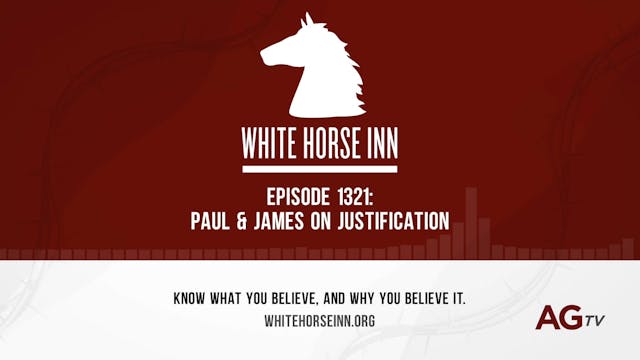Grace Alone - The White Horse Inn - #1380
The Five Solas of the Reformation
•
41m
In the medieval church, sin was viewed as a kind of sickness that could be remedied if we reached out to take the medicine. But the Protestant Reformers sought to recover the clear teaching of Scripture that salvation “depends not on human will or exertion, but on God, who has mercy” (Rom. 9:16). So what do contemporary Protestants think about the extent of man’s fall, and the role of God’s grace in salvation? The hosts also discuss the biblical word “predestination” as it relates to this issue and contrast it with the idea of “foreknowledge.”
Up Next in The Five Solas of the Reformation
-
Paul & James on Justification - The W...
Paul in Romans 4 says that “the one who does not work but trusts in him who justifies the ungodly, his faith is counted as righteousness.” Yet we also read in James 2:24 that “a person is justified by works and not by faith alone.” Do Paul and James contradict each other in the matter of justific...

